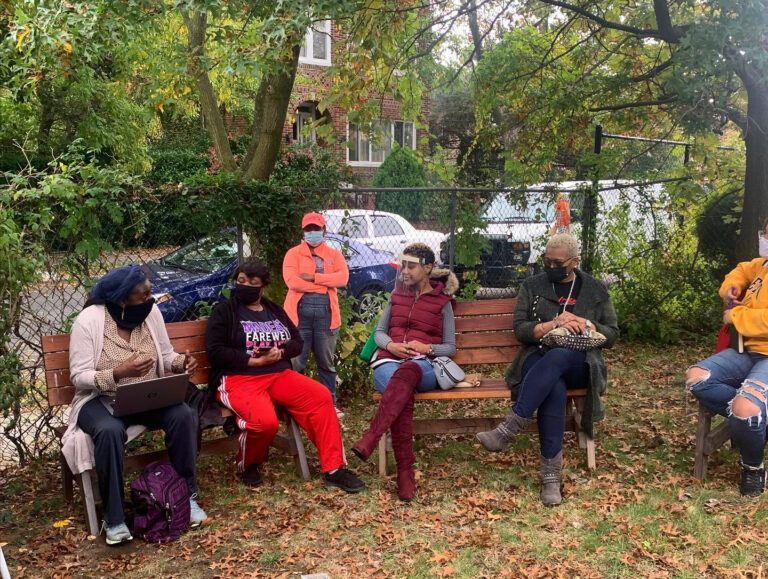What can a CLT do for you?
- Secures the land for community-focused commercial developments
- Stabilizes commercial lease prices
- Neighborhood-based commercial development can create local jobs and training, increase entrepreneurial opportunities, & provide residents with convenient access to goods and services
- Creates new commercial enterprises
- Balance long term affordability while still allowing for wealth building
- Preserves affordability for future low to moderate income families
- Prevents market factors from causing prices to rise significantly
- Build equity through homeownership and ensure residents are not displaced due to land speculation and gentrification
- Protection from downturns because people are not over extended
- foreclosure rates for land trusts have been as much as 90 percent less than conventional home mortgages
- Reduces displacement that accompanies gentrification when property values climb
- Incorporates affordability reflective of neighborhood income levels
- Voice and input in community decision making
- Increases urban agriculture & green space
- Decolonization of land for future generations
- Maintains housing security & stability, which in turn increases health outcomes & educational achievement
- Voice and input in community decision making
- Increases urban agriculture & green space
Public policy has historically created obstacles for low/moderate income families of color that limit access to homeownership and facilitated gentrification.
It’s time for policy makers to stand up and for their communities in meaningful ways by supporting CLT legislation & funding at the local/state/federal level!


You must be logged in to post a comment.